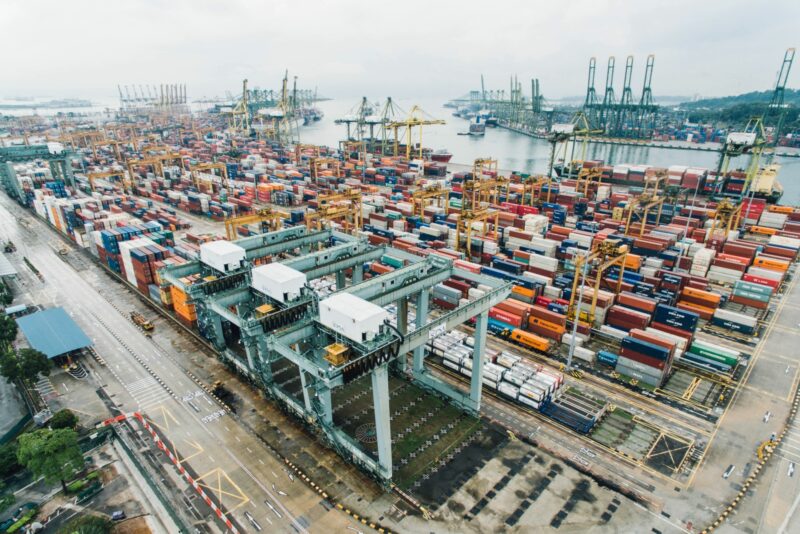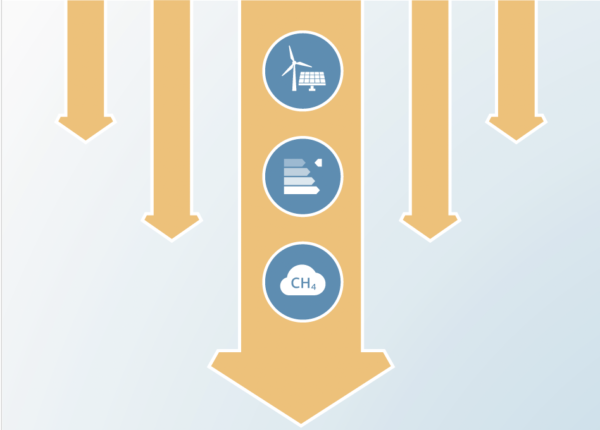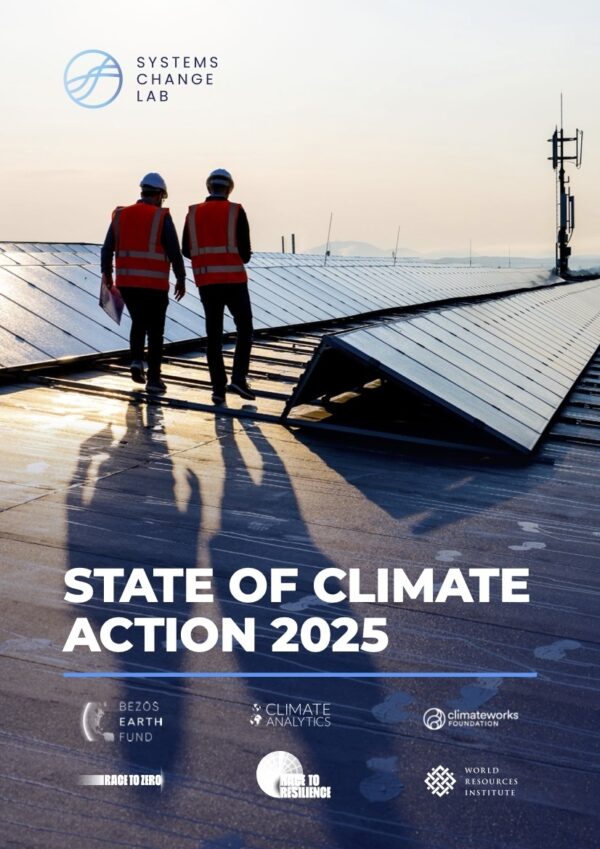CBAM: trade implications and opportunities of EU climate neutrality goals
Authors
Luka Vasilj, Andrzej Ancygier

The EU’s Carbon Border Adjustment Mechanism (CBAM) has been studied with regards to its impact on EU competitiveness and carbon leakage, but there remains little research on its impact on developing countries.
It risks being perceived as forcing decarbonisation measures on those least responsible for climate change, including least developed countries. CBAM therefore should be accompanied by complementary measures to ensure adequate financing and to ease the administrative of the measure.
The EU’s Directorate-General for Climate Action (DG CLIMA) should share knowledge to ensure countries can establish carbon pricing mechanisms of their own, thereby reducing their CBAM burden. This also ensures they can retain revenues to be used for decarbonisation goals at home – rather than indirectly fund the EU budget.
Disclaimer
This publication was produced as a deliverable under the project 4i-TRACTION – innovation, investment, infrastructure and sector integration: TRAnsformative policies for a ClimaTe-neutral European UnION. This project received funding from the European Union’s Horizon 2020 research and innovation programme under grant agreement No. 101003884.











